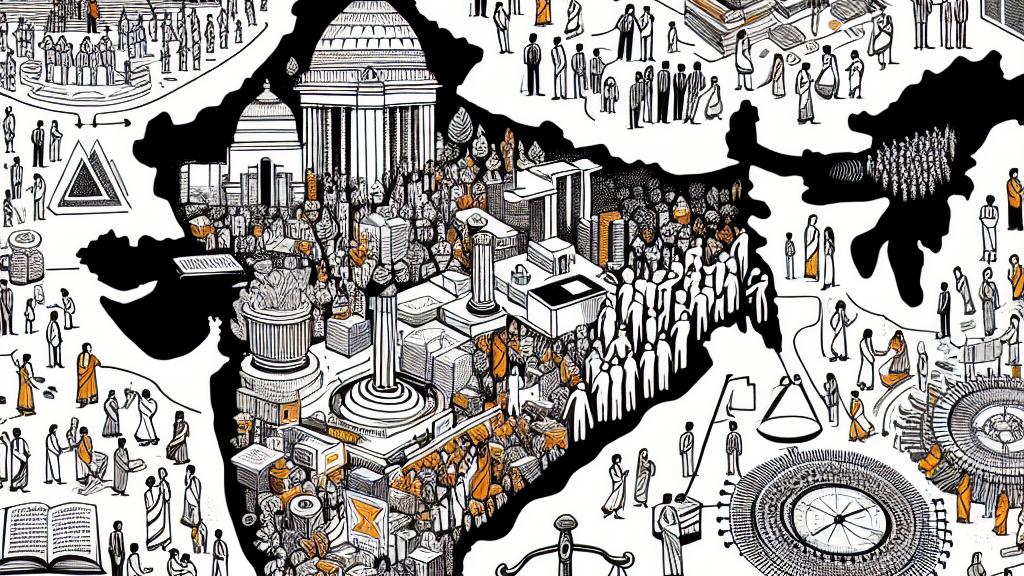India’s Supreme Court Shakes Up Caste Dynamics: Controversy Erupts!
Overview
- The Supreme Court of India allows state revisions to affirmative action policies, igniting widespread debate.
- This ruling could redefine the support system for historically marginalized groups, especially Dalits.
- A deeper understanding of caste dynamics is essential in evaluating India's current socio-political landscape.

Dissecting the Supreme Court Ruling
In a groundbreaking decision, India’s Supreme Court has permitted state governments to modify existing affirmative action policies aimed at uplifting lower caste communities. This significant ruling affects a considerable proportion of the population, especially the Dalits, who comprise about 16.6% of India's 1.25 billion residents. Implemented initially in 1950, these affirmative action measures aimed to promote equality and provide opportunities through quotas in education and government jobs. By allowing states to tailor these policies, the court has stirred intense discussions on social justice, equality, and the effectiveness of caste-based policies in addressing systemic discrimination.
Societal and Political Repercussions
The implications of this ruling ripple throughout Indian society and politics, inciting varied responses. Critics, including numerous social activists, warn that this could lead to the fragmentation of protections that are crucial for the most vulnerable groups. There are concerns that some states may prioritize certain castes over others, potentially widening existing divides. Conversely, supporters argue that revising policies to focus on those who are most disadvantaged could enhance effectiveness and responsiveness to social needs. This tension reveals deep-rooted challenges in addressing historical injustices while ensuring contemporary needs are met—underscoring the intricate relationship between caste and political behavior in India.
Navigating the Complex Caste Landscape
This Supreme Court ruling is a pivotal moment that highlights the enduring complexities of the caste system within India's socio-political environment. With an estimated 350 million individuals from Dalit and Adivasi communities facing systemic socio-economic barriers, a nuanced approach to policy-making is vital. Scholars and activists emphasize the need for continuous dialogue and innovative strategies that dismantle oppressive caste structures. They call for integrating a wider perspective in addressing these inequalities, as merely modifying quota systems may not suffice. The emphasis should be on fostering an inclusive society that transcends historical caste divisions and champions social justice for all citizens. A collective effort is essential to ensure that the promised benefits of affirmative action truly reach those who need them the most.

Loading...